About me
After nearly 12 years living away, I returned home to Jersey in the Channel Islands to take on the position of Jèrriais teacher. In my role I work with l’Office du Jèrriais to bring the language to younger learners.
Learning an endangered language in order to pass it on never featured in my life plan until summer 2016 when my dad phoned to tell me about the Jérriais teaching position. My first reaction was to laugh. I thought the idea was ridiculous; learning a language from scratch in order to teach it. But in the weeks that followed, the prospect danced around in the back of my mind and I couldn't help but feel excited. I could hear my Pops whispering how proud he would have been. So I thought, pouortchi pon? (why not?) I can teach, surely I can learn a new language.
I got the job and panic set in. We had eight weeks to pack up our lives in the UK and move back to Jersey. People kept telling me how brave I was to take on such a challenge and I started to question what on earth I had done. Fast forward a few years and I wouldn't change my decision for the World.
Even though I was born and grew up en Jèrri, this is the first time I have begun to understand and feel a connection with my cultural identity as a Jèrriaise. I have spent a great deal of time imagining the island that my grandparents and great-grandparents lived and worked in. I have been re-visiting places that I haven’t been to in years and exploring places that, despite the size of this tiny place, I have never visited before. It’s hard to explain but somehow the landscape looks different since I came back. Learning Jèrriais is shedding a whole new light on the Island and has given me an appetite to want to learn more about Jèrri and its history.
The more time I spend with the Jèrriais speaking community, the more I learn about my family and my ancestors. This has prompted me to spend an emotional few years delving into my own memories of growing up en Jèrri and reflecting on some huge losses along the way. I wasn’t prepared for how the experience was going to make me feel and so have chosen to deal with this by translating my thoughts into a blog, where I share some of my thoughts, feelings and memories of growing up here on the Island.
Learning Jèrriais is helping me to understand why Granny and Pops told me to 'brush your hairs' in the plural and used expressions like boudîn boudot when I was in a sulk! If it wasn’t for learning Jèrriais I wouldn’t know that the little room at the top of the stairs in their house at L’Éta (L'Etacq) was called lé cabinet, I wouldn’t know about lé mèr, the vrai marker in the sea at St Ouën, or the previous existence of les bèrcas d’falaises (cliff sheep) around Sorel Point. Although my grandparents used to speak Jèrriais around me all the time when I was young, I never before considered learning it. Now I wish, more than ever, that I could turn the clock back and ask them to teach me.
What’s more, I feel like I have broken down the barrier I had to language learning. I can honestly say that I am not a natural linguist and learning Jèrriais is proving quite a struggle. Yet, it is so satisfying. I’ve been bitten by the language bug and I hope one day to become a fluent speaker of Jèrriais.
About Jèrriais
Jèrriais evolved from Latin and Norse and is best described as a variety of Norman French. The decline of the language began in the early nineteenth century with an increasing influx of English speakers. As Jersey became more anglicised attitudes towards Jèrriais began to change and English was afforded a much higher status. Jèrriais was increasingly regarded as the language of the lower classes - a patois that was inferior to ‘good French’. The next 100 years saw Jersey's currency replaced with pounds and pence and English as the language of choice during States debates. As time went on more and more schools chose to teach through the medium of English and children were discouraged, often shamed, into no longer using Jèrriais in class.
Today the language is critically endangered with less than 500 native speakers left. However, there is a growing movement in favour of saving what is still a living, breathing and evolving language before it’s too late.


